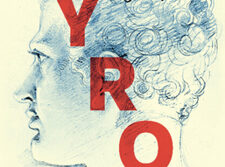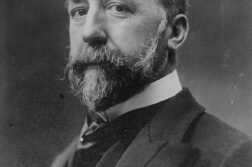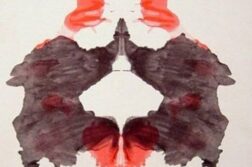DESPITE the wedding band on her finger and all the other conventional markers of femininity—the makeup, the dress, the pretty, delicate features that would make most people read her as “straight”—Nancy Unger does not wish to identify herself, in her words, “as straight, as queer, as anything.” Unger, a professor of history at a Jesuit university in Northern California, teaches gay and lesbian history courses. But in her private life she’s a heterosexual woman who’s married to a man.
Unger is one of thousands of people, many of them younger and many in academia, who are rejecting the label of “straight” in spite of their (hetero) sexual orientation. This refusal can manifest itself as the repudiation of identity categories altogether or as the adoption of words such as “queer,” “queer heterosexual,” “queer straight,” or “post-straight” to describe oneself. While this phenomenon goes back to the early 1990’s following in the wake of queer theory, its influence has been growing in more recent years. I recently sat down with some opposite-sex-oriented scholars to get their views on this topic.






